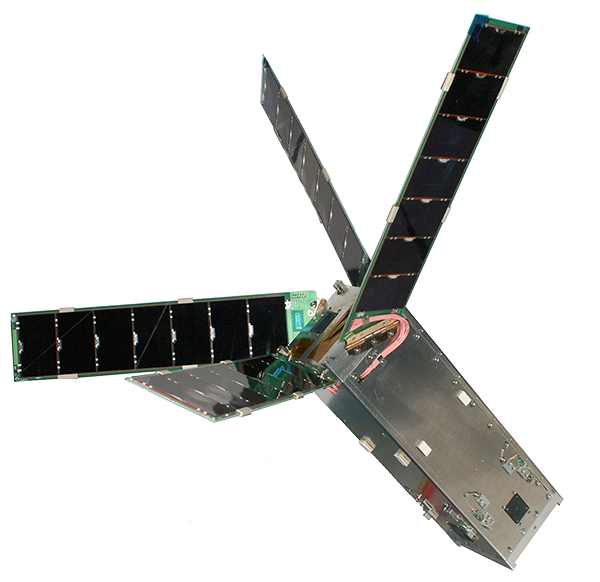The TU Delft Space Institute combines the strengths of different faculties of the TU Delft to enable ground-breaking and cutting edge research in the Space domain.
![]()

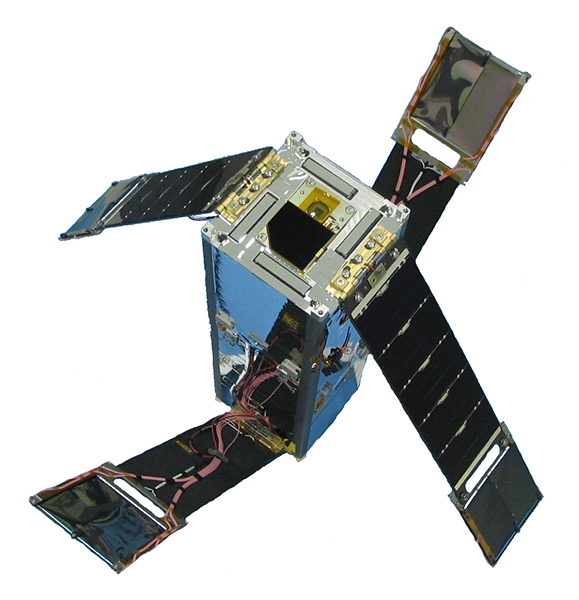
Smaller
Miniaturization is the engine of innovation in spaceflight: it enables satellites to be lighter, cheaper and easier to build. The scientists at TU Delft Space Institute push the miniaturization of space sensors systems by developing miniaturized radar systems and optical instruments, among others. The institute also works on platform technology for sensor systems, which shortens the development time of satellites.
Never seen before
Terahertz sensing is a young field of astronomy: it bridges the gap between infrared and microwave radiation. TU Delft is world leader in the field of superconducting terahertz sensors. Our scientists develop and build extremely sensitive detectors for astronomers to use in telescopes, balloon missions and satellites. This will give us new insights into our universe, from the life cycle of the interstellar medium to the evolution of galaxies and the physics of the time shortly after the Big Bang.
Planet Earth
Satellites do not only observe deep space. The majority of satellites is built for navigation, communication and earth observation. Todays weather forecasts, climate predictions and environmental knowledge rely heavily on satellite data. Atmospheric modeling is an important research topic within TU Delft Space Institute, as well as geophysical modeling. The TU Delft Space Institute collaborates with the TU Delft Institutes for Climate, Safety & Security and Transport.
Big Data
With sensors getting better, the data flow from satellites to earth grows at a fast pace. It is a challenge to manage this data flow. A way to overcome this is processing data on board, instead of on the ground. This comes at a cost, since the raw data are lost in the process. Scientists of TU Delft Space Institute develop new strategies to keep the right balance between the two.
Contact
Jian Rong Gao
j.r.gao@tudelft.nl
Stef Lhermitte
S.Lhermitte@tudelft.nl
Giorgia Giardina
G.Giardina@tudelft.nl
